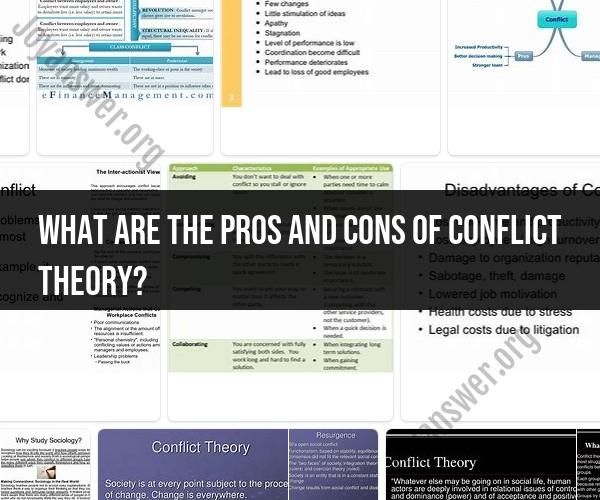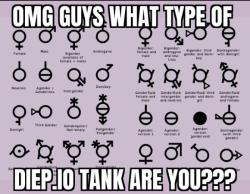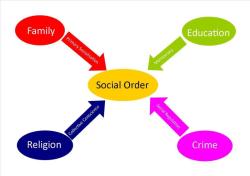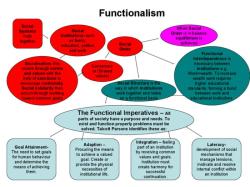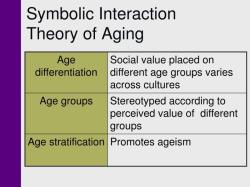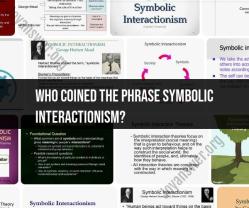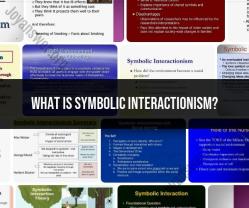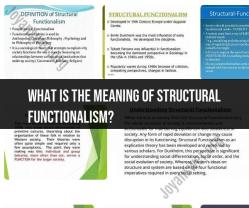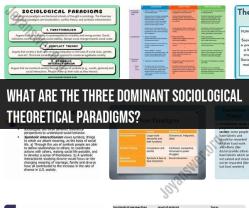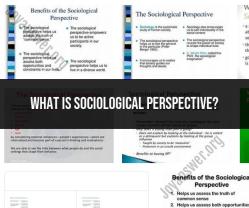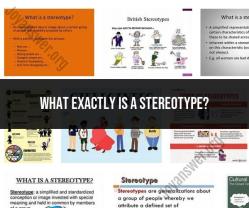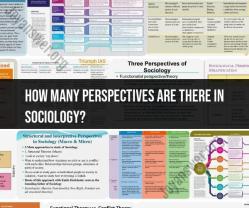What are the pros and cons of conflict theory?
Conflict theory, like any sociological perspective, has its strengths and weaknesses. Here are some of the pros and cons associated with conflict theory:
Pros:
Highlights Inequality: Conflict theory shines a spotlight on social inequality and the disparities in power, wealth, and resources. It draws attention to the often overlooked issues of exploitation and oppression in society.
Critical Analysis: It encourages a critical examination of social structures, institutions, and power dynamics. This perspective challenges the status quo and prompts questions about fairness and justice.
Social Change: Conflict theory emphasizes the role of social movements and collective action in bringing about change. It has been instrumental in advancing civil rights, labor rights, and other social justice causes.
Macro-Level Analysis: Conflict theory provides a macro-level analysis of society, looking at how large-scale social forces impact individuals and groups. It offers insights into the broader forces shaping society.
Realistic Perspective: Conflict theory acknowledges that conflicts and competition are natural aspects of human society. It provides a more realistic view of social dynamics compared to perspectives that idealize harmony.
Cons:
Overemphasis on Conflict: Some critics argue that conflict theory places too much emphasis on conflict and competition while downplaying cooperation and consensus in society. They believe it can create a pessimistic view of human nature.
Simplistic in Some Cases: Critics also suggest that conflict theory can be overly simplistic, attributing all social phenomena to power struggles. It may not adequately address the complexity of human interactions.
Neglects Positive Aspects: Conflict theory tends to focus on the negative aspects of society, which may lead to an incomplete understanding. It may not adequately explain the positive functions of institutions or the ways in which societies maintain stability.
Limited Scope: Conflict theory primarily focuses on macro-level social issues and may not provide as much insight into individual behavior or interpersonal relationships.
Lack of Prescription: Conflict theory is more descriptive than prescriptive. While it identifies social injustices and inequalities, it may offer fewer concrete solutions for addressing these issues.
Potential for Overgeneralization: Like any theory, conflict theory can be susceptible to overgeneralization. Not all social interactions and institutions are solely driven by conflict, and not all conflicts result in social change.
Ignores Cultural Factors: Critics argue that conflict theory often neglects the cultural and symbolic aspects of society, which can be crucial in understanding social phenomena.
It's important to recognize that conflict theory is just one of several sociological perspectives, and no single perspective can comprehensively explain all aspects of society. Many sociologists use multiple perspectives to gain a more nuanced understanding of social issues.
